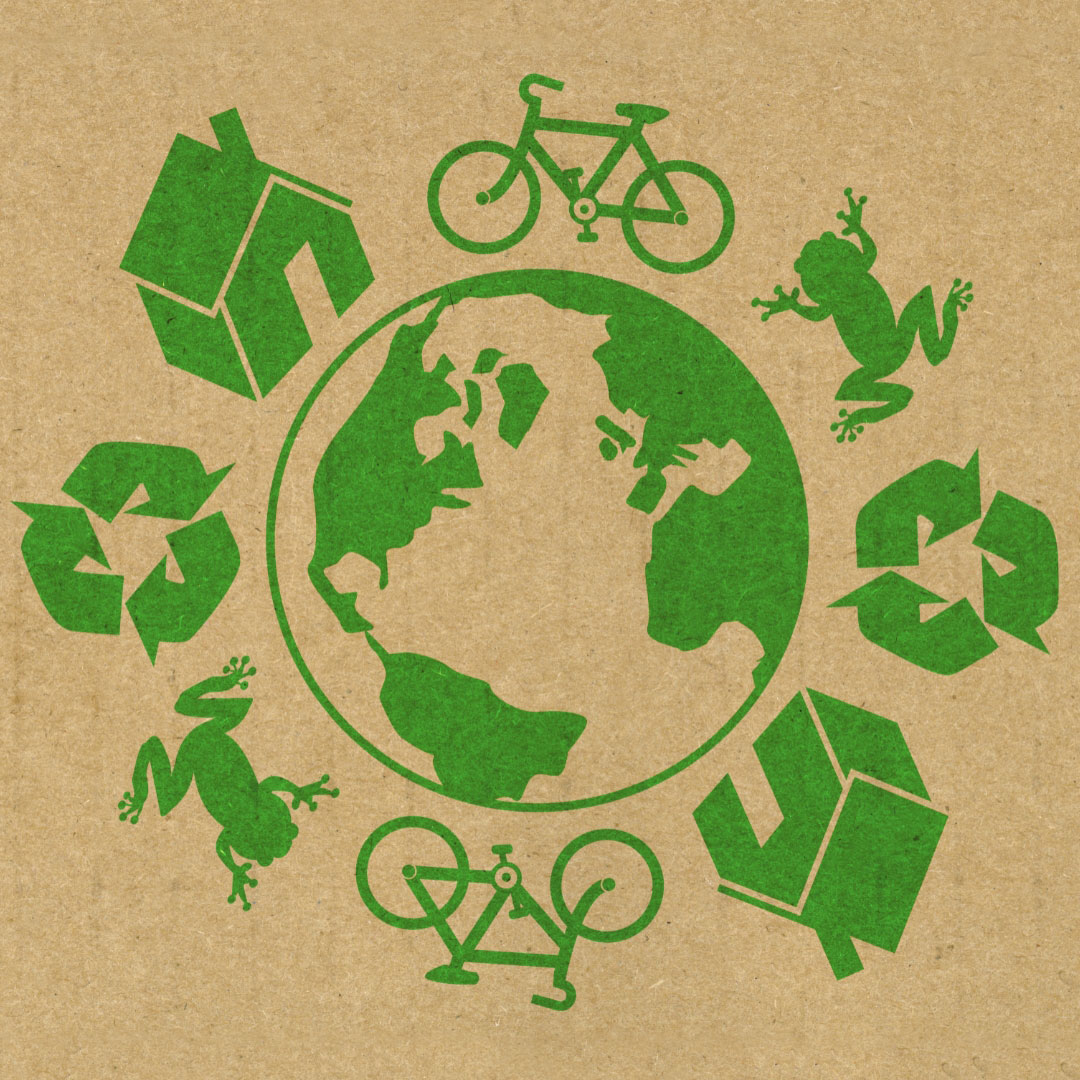Blog
Returning the Gifts

by Connie O'Connor, Director of Applied Learning
Every day I am grateful for my connection to nature. The Earth’s gifts sustain my heart, mind, and body. My efforts to reciprocate these gifts seem tiny. What can one person do to save the planet? My answer may surprise you: “Connect with other people!”
Like most nature enthusiasts, I try to act in ways that support my values, such as purchasing local and sustainably-sourced products, reducing home energy use, and growing native plants. Yet, I worry that my “private sphere” actions are not enough. Environmental problems are social problems and as society has become increasingly complex and polarized, how can I truly make a difference?
I’ve come to understand that influence is a form of power. So just maybe, I can influence others to join me in taking action for conservation. Like many people, I am guilty of sometimes communicating in ways that alienate others, doing more harm than good, both to my cause and to relationships; even judging others with self-righteous indignation if their values aren’t the same as mine. People often believe that to change someone’s behavior, they must change the person’s values. But fields such as behavioral psychology, behavioral economics, social marketing, and conservation psychology have challenged my old assumptions about how and why people adopt new behaviors and choose to act.
Humans are highly influenced by the actions and beliefs of those they like and trust. We have all seen diffusion of innovation work with everything from smartphones to conspiracy theories. Social norms and ideas spread via the ripple effect, beginning with the innovators and early adopters and rippling through their social circles. In addition to social norms and respectful relationships, people have many conflicting motives and face a variety of barriers when considering new actions or behaviors. If I listen more than talk, I can understand and connect to people whom I might otherwise not have influenced.
When people feel a sense of belonging (feeling seen, heard, valued, supported, and appreciated), I find they’re actually pretty receptive to discussing ways to support nature. And this is why I say that to protect nature, we must connect people to one another.
To impact conservation goals, it helps to find ways to act on three levels:
• Personally—through environmentally sustainable choices, actions, and behaviors
• Interpersonally—by influencing choices, actions, and behaviors among people they know
• Civically—by building social capital to address local environmental problems together.
With this in mind, I offer you three ways to super-charge your impact as Earth Day approaches:
1. Register for The Ripple Effect Online, Self-Paced Course. This Nature Center online course trains and inspires people to reconsider their role in solving environmental problems. It covers an eclectic mix of conservation psychology, sociology, marketing, sci-comm, conservation science, politics, behavioral economics, and more. Discover how people can move beyond independent actions by influencing others in their social circles.”
2. Join the Nature Center’s Eco-Challenge Team. This web-based challenge allows you to select your own individual actions to help the environment, gives you a platform for recording your progress for one month, and allows team members to see what our collective action has accomplished. There’s also a place to share ideas and encouragement with an online forum.” Behavior change is most likely when we make it easy and fun, and when people can “try out” new behaviors with small steps and low commitment. Eco-Challenge helps this happen.
3. Click here to sign up for The Ripple e-newsletter, a special monthly compilation of action-based content such as personal stories of peers who have taken action for nature, big ideas that help us be better action-takers, invitations to CNC member-led action clubs, and listings of trainings and local volunteer opportunities.
All three of these opportunities will help you find ways to act personally, interpersonally, and civically. Happy Earth Month!
The Ripple Effect Online Course Testimonials:
“I used to think I was powerless to make an impact on the big environmental issues we face today, now I think that if I can choose one area where I am most passionate; I have the tools and knowledge to make a difference.” – Ripple Effect Course graduate
“I’ve made a commitment to continue looking for more ways to incorporate positive change into my own behavior and push myself out of my comfort zone to find opportunities at different levels: from talking with friends, family and colleagues about my decisions and actions and helping them understand the benefit to themselves of taking similar action; to pausing before judging someone's behavior and taking time to learn about their goals and values; to using better messaging to counter disinformation.” – Ripple Effect Course graduate